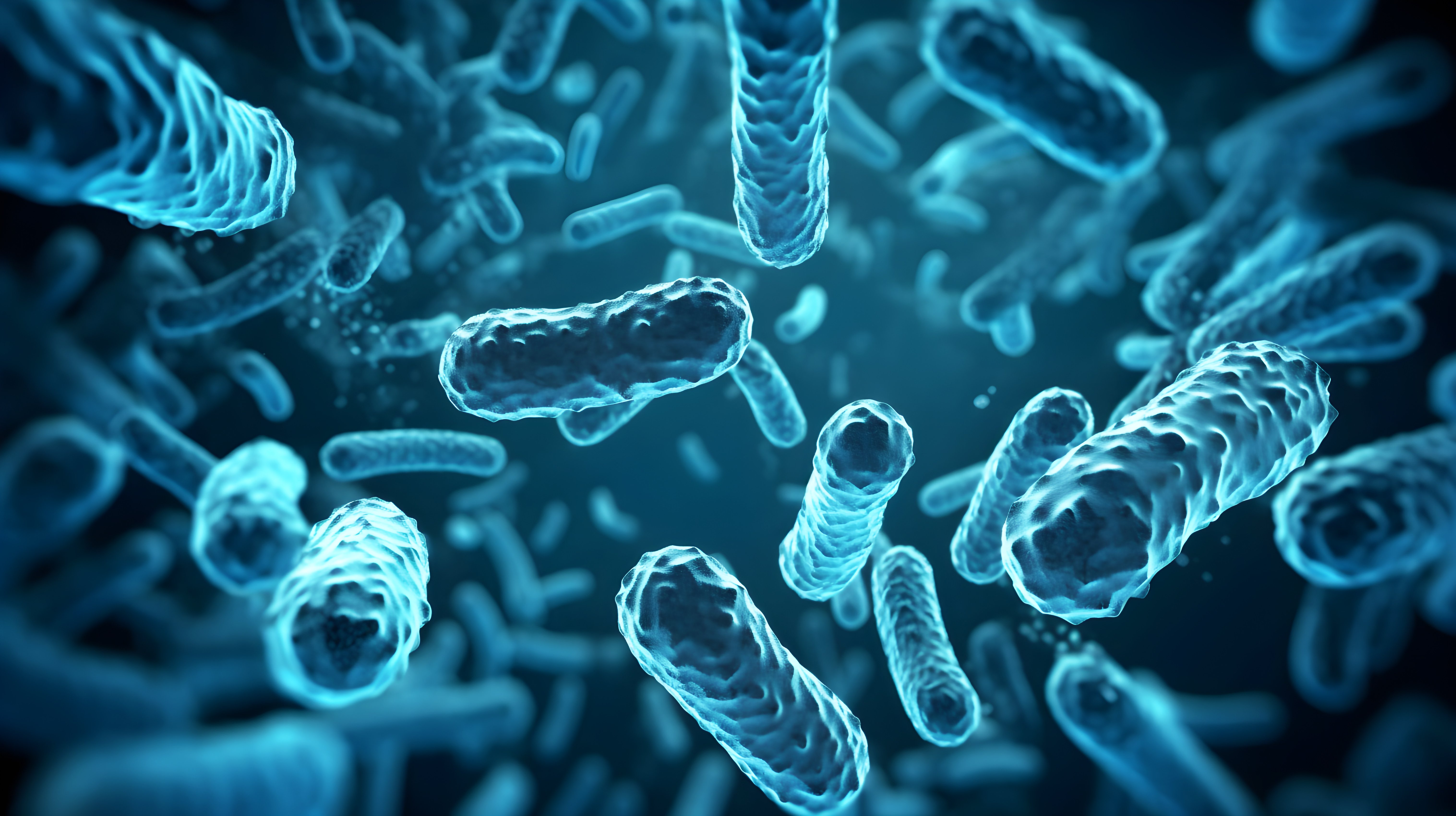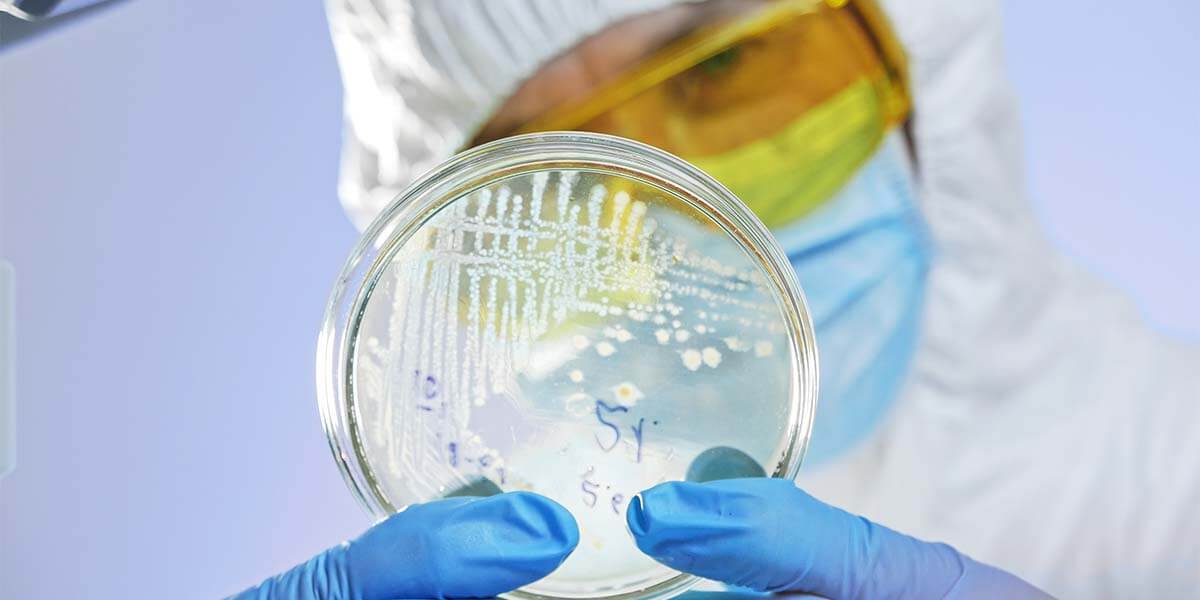COVID-19 Statement
Further to recent communications, we write to advise WCS Group's position on the current COVID-19 pandemic. This communication is designed to let you know we are here to help, to be flexible and also here to ensure that we help to keep you, your people and customers safe.
We understand that your policy may be to restrict access to visitors and contractors during the next few weeks, with the exception for essential and critical services. Our control services do fall into this essential and critical category, preventing illness and death from legionella and a range of water-borne diseases. They are underpinned by legislation and requirements placed on a Responsible Person within our customers.
These requirements - the Health and Safety at Work Act 1974 and other relevant documents – are still in place and have not been reduced and as such our collective responsibility to work to these is still required. Access to your site is still necessary for these obligations to be met to keep your people and customers safe from exposure to Legionella. Continued access to your site will enable WCS Group to support you in adherence to legislation, and enable our joint responsibilities and Duty of Care to be fully fulfilled through adherence to the programme of planned preventative maintenance as detailed in our contract.
Our staff are experts in following strict protocols around hygiene. Please see our accompanying brief for further details.
During the current move to self-isolation, home working and reduced building occupancy, the following are critical in you continuing to ensure the prevention of a Legionella outbreak:
- It is essential to continue the current regime and perhaps even enhance the regime to offset a reduced water throughput and to minimise additional challenges over spring and summer.
- With a decrease in people attending sites, building water systems may not be being used as much, therefore creating stagnation and potential including an increased risk in Legionnaires Disease. Identification and flushing of low use outlets and systems becomes more important at this time and the site risk assessment may need to be reviewed.
- With warmer weather on the way, cases of Legionella rise especially with water systems being used less frequently.
- Our work is often completed in areas not frequented by the main building occupants - plant rooms, loft spaces etc. This reduces risk of cross contamination.
- We are happy to work with you to arrange alternate access away from building occupants
To help our clients facilitate their compliance, where we are advised that we cannot gain access to a site, we will be asking if access to communal or areas of the building not affected/isolated is possible. If this is the case, we will ask to carry on the visit as normal but noting that specific tasks/locations cannot be completed/accessed noting the reason why. Any sampling locations will be adjusted to the available areas of the building. This will complete our contractual obligation for this visit.
Where we cannot agree entry onto a site for a scheduled daily/weekly/monthly visit, we offer to make our engineer available on the phone at a mutually convenient time to provide water safety advice. This will be logged, and the task completed we will consider this to be the fulfilment of our contractual obligation for this visit/task. If the visit is 1/4ly or 6 monthlies, we will continue to try and book this visit in until the start of the next visit period at which time we will mark the visit as “No Access”.
If you have any questions, please do not hesitate to contact your account manager. You have my full and prompt attention at this time, and my assurance that we are here to work with you to enable compliance and safe working environments during this difficult time.
WCS Group's external stakeholders
In line with changes to the Government position on the outbreak of Coronavirus (COVID-19) and the World Health Organisation (WHO) declaring this a public health emergency of international concern, we are asking that all of our external Stakeholders including but not limited to; Sub-Contractors; Suppliers and Customers, take appropriate actions to help prevent the spread of COVID-19.
We ask that anybody who may be an infection risk to refrain from entering any of our properties or sites. In line with current Government guidelines an individual who should self-isolate if exhibiting the following common symptoms:
-
new continuous cough and/or
-
high temperature
As a precautionary measure, in the short to medium term, we ask that all external Stakeholder meetings are held where possible via conference call facility rather than face to face in order to limit the potential risk to all parties.
We are working tirelessly to help reduce the risk and prevent the spread of COVID-19 amongst our employees.
The safety of our staff is of paramount concern to us and we aim to deliver services as safely as possible particularly whilst operating on customer sites that may have many vulnerable or high-risk people present. We are equally aware of the need to prevent our employees from being a cause of the virus spreading and ensure that all our staff are fully aware of the need to operate in a responsible, safe manner when on client sites.
The below control measures have been put in place and these are reviewed daily in accordance with Government advice:
-
All staff have been made aware of the need to carry out basic hygiene measures including:
-
Washing their hands often with soap and water for a minimum of 20 seconds or using an alcohol-based hand sanitiser (60% alcohol at least), if soap and water are not available
-
Practising social distancing, by maintaining a distance of 2m from other people where this is possible
-
Avoiding unnecessary contact with people, including handshaking.
-
Covering a cough or sneeze with a tissue and disposing of the tissue immediately
-
-
Our staff will self-isolate if displaying coronavirus symptoms
-
Additional cleaning, including deep cleaning where necessary, is being carried out at all our offices
-
All offices have measures in place to clean and sanitise workspaces and communal areas
-
Internal meetings and inter-office travel have been significantly reduced and more use made of technology for conferencing
-
All field-based Employees have been issued with Personal Protective Equipment, including disposable gloves and antiseptic wipes. Field staff will always carry out a local risk assessment before starting an on-site job, and this will consider any local rules/risks that are in force regarding the need for additional hygiene measures. Clients are requested to allow our staff to utilise on-site washrooms both before and after a job commences.
-
In preparation for the spread of the virus, appropriate plans have been implemented to enable support staff to work remotely from our office
We will continue to review our working practices and controls and will provide further updates to our customers should the situation change.
Topics: Legionella Control

Written by Jon Greaves
Jon has progressively worked through operational roles, account management, technical management, and senior management roles over the last 16 years within one of the group companies before moving into the role of Water and Air Managing Director. Jon has experience across multiple sectors of water and air compliance, including district energy networks; data centres; healthcare; food and beverage and facilities management. Jon acted as a corresponding steering committee member on CIBSE CP1 – Heat Networks Code of Practice for the UK released in 2020.


